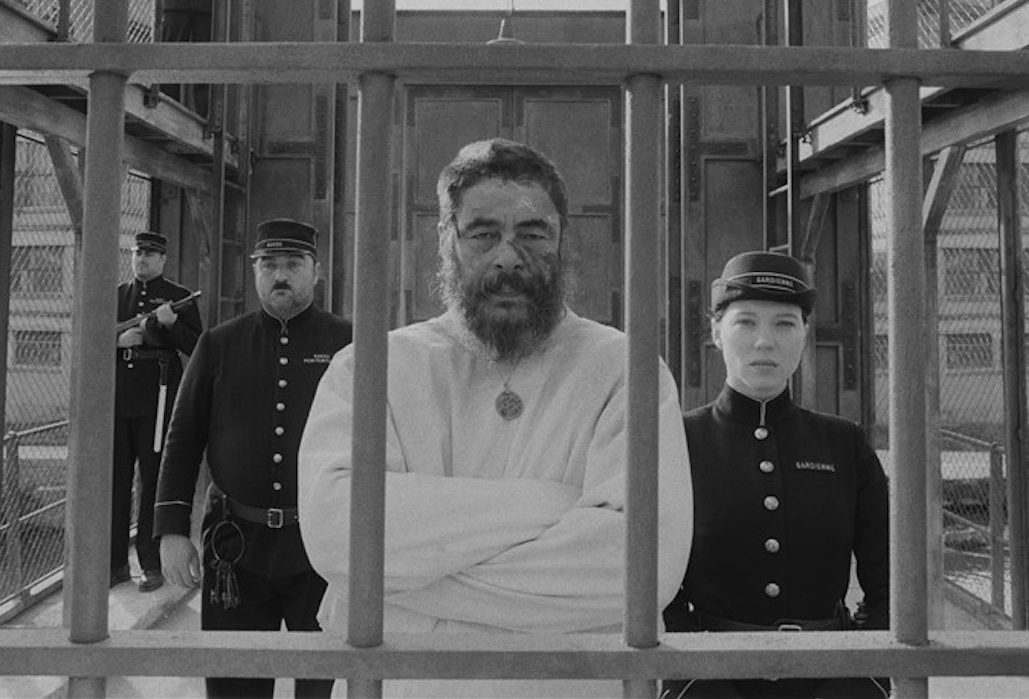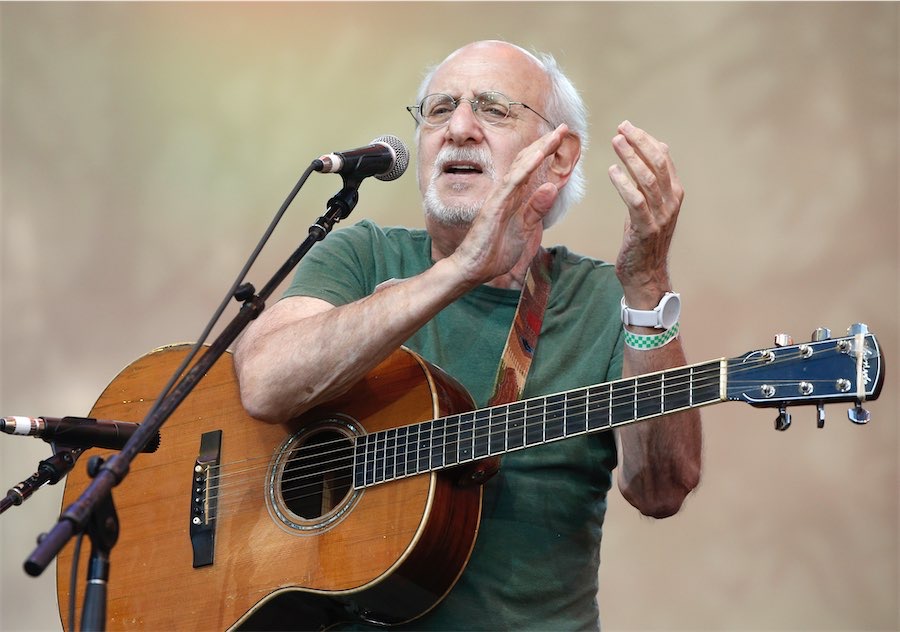
Streaming columnist NICK OVERALL reveals there’s more to director Wes Anderson than his film “The French Dispatch”, but it’s all off the wall.
WES Anderson’s newest film “The French Dispatch” feels a lot like the magazine it’s about.
It’s one that you’ve curiously picked up in a waiting room somewhere, its pastel cover intriguing enough to get you flipping through the pages with a passing interest.
The film contains three stories based on three articles by three different journalists who write for the “The French Dispatch” – a publication based in the fictional French town of Ennui-sur-Blasé.
One story recounts the tale of a mentally disturbed, but deeply artistic prisoner who gains fame after painting a nude portrait of a prison officer he develops a relationship with.
Another follows an undergraduate revolutionary leading a revolt against the military conscription of a fellow student.
The third regales a daring heist to rescue the son of a police commissioner from a gang of criminals led by a failed musician notoriously labelled The Chauffeur.
Is all that off the wall enough? The unorthodox storytelling has the unique Wes Anderson style written all over it.
It just so happens the viewer has stumbled across this fictional magazine during its final edition, published after the death of its long-serving editor Arthur Howitzer Jr, played by Bill Murray.
By the time each story (only around 30 minutes a piece) gets going it’s already over and the page is flicked over to new, quirky characters played by a staggeringly large cast.
Benicio del Toro, Léa Seydoux, Frances McDormand, Timothée Chalamet, Tilda Swinton, Owen Wilson, Jeffrey Wright… it goes on.
The discursive structure makes it something of a Wes Anderson variety box or perhaps a best-of album, of the director’s iconic, bizarre idiosyncrasies strewn throughout the film, from eye-popping stop-motion animation to perfectly symmetrical cinematography.
It made a quick transition from cinema to streaming, snatched up by Disney Plus who are eager to captialise on Anderson’s vivid cult of followers.
It’s not just his newest film available on Disney Plus, the platform features a collection of the director’s works, including one of his most widely enjoyed, “The Grand Budapest Hotel”.
The comedy-crime drama stars Ralph Fiennes as a famed concierge of a grandiose hotel who is accused of murder and along with a lobby boy sidekick must go on a quest for a renaissance painting.
Not quite curious enough a premise? There’s also “Isle of Dogs”, an animated adventure about an island of talking dogs off the coast of Japan who are being quarantined due to the outbreak of a canine flu.
While these flicks represent a height of the director’s career, fans can also go back to the beginning of Anderson’s fame with his 1998 coming-of-age movie “Rushmore”.
In it, an eccentric 15-year-old falls in love with a much older teacher and is devastated when he finds out his friend and mentor, a middle-aged industrialist, is having an affair with her, sparking a vendetta within the rambunctious teen.
Co-written by Anderson and his friend Owen Wilson, the duo wanted to capture a “heightened sense of reality” in the story – an atmosphere which has permeated the director’s works ever since and which was inspired by Roald Dahl’s children’s books.
No surprises then that he also directed an adaptation of one of Dahl’s most beloved books “Fantastic Mr. Fox ”, which is on Netflix. The streaming platform has another of Dahl’s short story collections in the pipeline that the director will also lead the way on.
For non-Anderson fans they may very well find all of this, and “The French Dispatch”, a bunch of nonsense. For fans of the auteur, it’s nonsense they can’t get enough of.
In fact, so vivid has the fanbase become that they can be spotted from a mile away.
When seeing “The French Dispatch” at the movies, the guy selling us tickets told a friend of mine almost immediately: “You look like a Wes Anderson fan”. She didn’t know whether that was a compliment or an insult, but she wore it like a badge of honour all the same.
Who can be trusted?
In a world of spin and confusion, there’s never been a more important time to support independent journalism in Canberra.
If you trust our work online and want to enforce the power of independent voices, I invite you to make a small contribution.
Every dollar of support is invested back into our journalism to help keep citynews.com.au strong and free.
Thank you,
Ian Meikle, editor




Leave a Reply